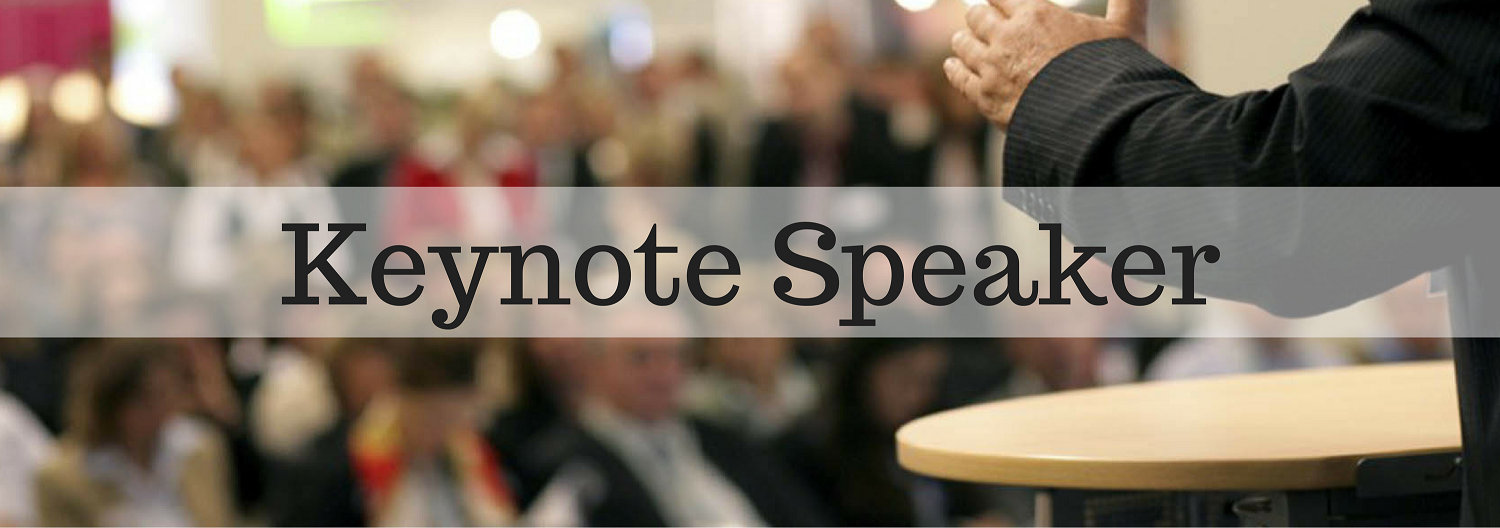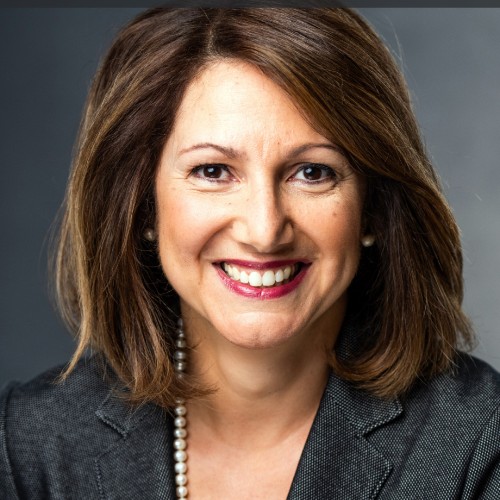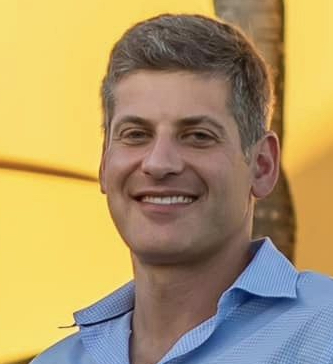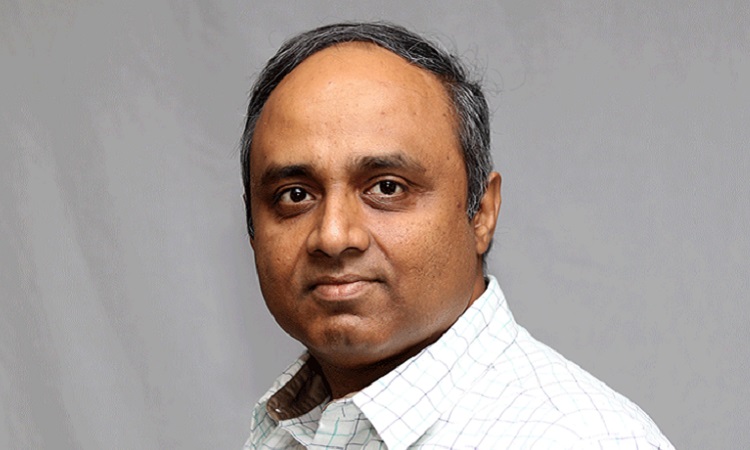
KEYNOTE SERIES
Snehasis Mukhopadhyay
(Professor ,Purdue University)
Bio: Dr. Snehasis Mukhopadhyay is a Professor in the Department of Computer and Information Science at Purdue University, Indianapolis, USA. He received his Ph.D. from Yale University, USA, and a Master’s degree (with a Gold Medal) from the Indian Institute of Science, Bangalore, India. He received a CAREER award from the United States National Science Foundation for integrating research and education. He has continuously received research funding from United States government agencies including National Science Foundation, National Institutes of Health, National Oceanic and Atmospheric Administration, and United States Department of Agriculture. He has twice received the Indiana University Trustees Teaching Awards (TTA) in the years 2014 and 2017. He has provided extensive professional services including being National Science Foundation grant proposal review panelist on numerous occasions, and being the General Chair of the 2016 ACM International Conference on Information and Knowledge management (ACM CIKM). In the year 2023, he served as an invited member of the National Academies Panel on Assessment of Military Information Sciences Research Program at the Army Research Laboratory, Aberdeen, Maryland. His current research interests are in the areas of Artificial Intelligence, Machine Learning, Interactive Data Science, and Computer/Computational Science Education Research. He has published more than 100 research papers in these areas.
Title of Talk: Interactive Artificial Intelligence and Its Applications
Abstract: As information technology gradually infiltrates highly specialized socio-technological domains such as healthcare and education, a crucial question remains as to whether human experts with advanced training and experience-driven intuitive mental models or AI systems with their empirical highly nonlinear data-driven models are to be preferred in making decisions. This is a question for which vigorous debate is going on extensively in society. We, however, take the viewpoint that it is not an either-or choice, but for the most successful systems, a seamless integration of human intuition with machine learning based empirical models is necessary. This is the underlying spirit of our proposed human-in-the-loop, interactive machine learning (IML) methodology. In the first part of this talk, we will discuss a computational framework for learning happening between a machine (an algorithm) and a human user. This framework is termed as “Interactive Artificial Intelligence”. In the second part of the talk, we will discuss some applications of interactive artificial intelligence to socio-technological problems arising in many domains. Such applications include Smart Health and Smart Education.

Eve Psalti
(Senior Director, Artificial Intelligence Engineering at Microsoft)
Bio: Eve Psalti is 20-year year tech and business leader, currently the Senior Director at Microsoft’s Azure AI engineering organization responsible for scaling and commercializing artificial intelligence solutions. She was previously the Head of Strategic Platforms at Google Cloud where she worked with F500 companies helping them grow their businesses through digital transformation initiatives.
Prior to Google, Eve held business development, sales and marketing leadership positions at Microsoft and startups across the US and Europe leading 200-people teams and $600M businesses.
A native of Greece, she holds a Master’s degree and several technology and business certifications from London Business School and the University of Washington. Eve currently serves on the board of WE Global Studios, a full-stack startup innovation studio supporting female entrepreneurs.
Mahasweta Sarkar
(Professor ,San Diego State University)
Bio: Dr. Mahasweta Sarkar is a Professor in the Department of Electrical and Computer Engineering at San Diego State University (SDSU). She earned her Ph.D. from the University of California, San Diego. Her research focuses on wireless networks, with a particular emphasis on developing artificial intelligence-driven MAC layer algorithms for applications spanning precision agriculture, healthcare, and brain-computer interfaces.
Dr. Sarkar has authored over 120 research articles, several of which have received best-paper awards, and holds one patent. She has contributed to more than $100 million in federally funded grant projects. Her research lab, the Wireless Networks and Communication (WINC) Lab, hosts undergraduate and graduate students, post-doctoral fellows, and visiting faculty members from across the globe.
She serves as the Chair of the Technical Program Committees for multiple Tier-1 IEEE conferences and as a guest editor for several leading technical journals. Among her numerous accolades, Dr. Sarkar received the President’s Leadership Award at SDSU (2010), the Faculty Excellence Award in Diversity and Inclusion (2021), and the Distinguished Faculty Award (2023–2024), one of the university’s highest honors recognizing extensive contributions to her discipline.
Dr. Sarkar is deeply committed to outreach programs that inspire and support the next generation of women scientists and individuals from underrepresented communities. She founded and chaired the Diversity, Equity, and Inclusion (DEI) Committee in SDSU’s College of Engineering and served as the College’s liaison to both the University’s and Senate’s Diversity Councils.
She is a recipient of a Fulbright Specialist Fellowship (2021–2024), awarded by the U.S. Department of State’s Bureau of Educational and Cultural Affairs, which has allowed her to expand her international academic and outreach collaborations.
Currently, Dr. Sarkar serves as the Senior Associate Dean of SDSU Global Campus (formerly the College of Extended Studies), where she is spearheading efforts to bring SDSU’s degree programs to a global audience and establish a significant international presence for the university.
Title of Talk : Intelligent Systems Connecting the Unconnected
Abstract: In a rapidly evolving digital age, connectivity has become the cornerstone of progress, innovation, and inclusion. However, despite transformative advancements, 46% of the world’s population remains disconnected from the internet and the opportunities it offers. In this keynote address, “Intelligent Systems Connecting the Unconnected,” we will explore the pivotal role advanced telecommunications plays in bridging this gap and transforming the way the world interacts.
We begin by delving into the revolutionary impact of the Internet of Things (IoT), where advanced telecommunications seamlessly connect devices, systems, and environments, enabling smarter cities,
healthcare, and industries. Beyond things, the keynote underscores the pressing need to bring unconnected populations online, discussing the societal, economic, and cultural shifts enabled by universal access to digital infrastructure.
Expanding the lens to the future, we examine the groundbreaking potential of quantum computing to
redefine the very fabric of communication. With unprecedented computational power, quantum networks
promise ultra-secure communication and faster data transmission, revolutionizing fields from national
security to global collaboration.
Finally, we explore how artificial intelligence (AI) is set to augment connectivity further. AI-powered communication systems can optimize networks, deliver personalized user experiences, and break down
language barriers, creating a truly global and inclusive communication landscape.
“Intelligent Systems Connecting the Unconnected” emphasizes the transformative power of technology not just to connect devices and systems, but to empower individuals, bridge societal divides, and foster a more inclusive and innovative global community.
Sara Abdali
(Senior Researcher, Microsoft)
Bio : Dr. Abdali is a Senior Researcher at Applied Sciences Group (ASG) working on a variety of NLP and multimodal tasks including customization and distillation of Microsoft Turing and Microsoft Phi LLMs/SLMs for downstream tasks, multitask architectures, multimodal generative models, causa and more recently multimodal conversational agents. Before joining Microsoft, she was a postdoctoral CIFellow at Georgia Tech, working on my NSF funded project, “Adversarially robust multimodal misinformation detection”. She earned her Ph.D. from the University of California, Riverside (UCR), where she received the Dean’s Distinguished Fellowship Award , which fully funded her studies. During the Ph.D., she mainly worked on misinformation detection leveraging multilinear (tensor) algebra along with a variety of NLP and vision techniques. She also worked on Deepfake video detection and development of text augmentation techniques in few-shot settings. In fall 2020, she completed a research internship at Lenovo Research, where the worked on deep learning-based image enhancement. In summer 2021, she finished another internship at Microsoft where she worked on development of cutting-edge NLP techniques.

Eugene Agichtein
(Professor, Emory University)
Bio : Eugene Agichtein is a Professor in the Computer Science department at Emory University. Dr. Agichtein founded and leads the Emory Intelligent Information Access Laboratory (IR Lab). Eugene’s general research interests are in web search and information retrieval, conversational search, and more generally in text and data mining, social media analysis, and human-computer interaction. Eugene received a Ph.D. in Computer Science from Columbia University, and a B.S. in Engineering from The Cooper Union. Eugene was a Sloan Research Fellow, a past member of the DARPA Computer Science Study Group, and a recipient of four best paper awards from SIGMOD, SIGIR, WSDM, and ICDE conferences, and test-of-time awards from WSDM and SIGIR. His work has been supported by grants from DARPA, IARPA, the National Institutes of Health, and the National Science Foundation, and by gifts and grants from industry, including Amazon, Google, Home Depot, HP Labs, Microsoft, and Yahoo! Labs. Since January 2019, Dr. Agichtein has been a part-time “Amazon Scholar” (Principal Scientist) at Amazon Alexa.

Luyuan Fang
(CEO and Founder, Curative AI)
Bio: Dr. Fang is CEO and Founder of Curative AI. She is also Co-founder and CTO of AI in Healthcare Compliance and Certification Institute (AIHCCI) and Board Member at Head Health, Inc. She Holds a Ph.D. in Computer Science, AI, Neural Networks for combinatorial optimization and 10+ granted US patents, 20 IETF RFCs, 100+ publications and keynotes in AI and Networking.
Important Deadlines-
| Full Paper Submission: | 4th April 2025 |
| Acceptance Notification: | 15th April 2025 |
| Final Paper Submission: | 15th May 2025 |
| Early Bird Registration: | 25th April 2025 |
| Presentation Submission: | 15th May 2025 |
| Conference: | 28 - 30 May 2025 |
Previous Conference-
Sister Conferences-
Announcements-
-Best Paper Award will be given for each track.
-Conference Record Number- 65859



